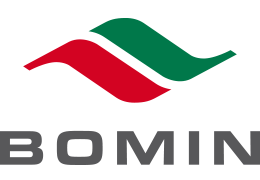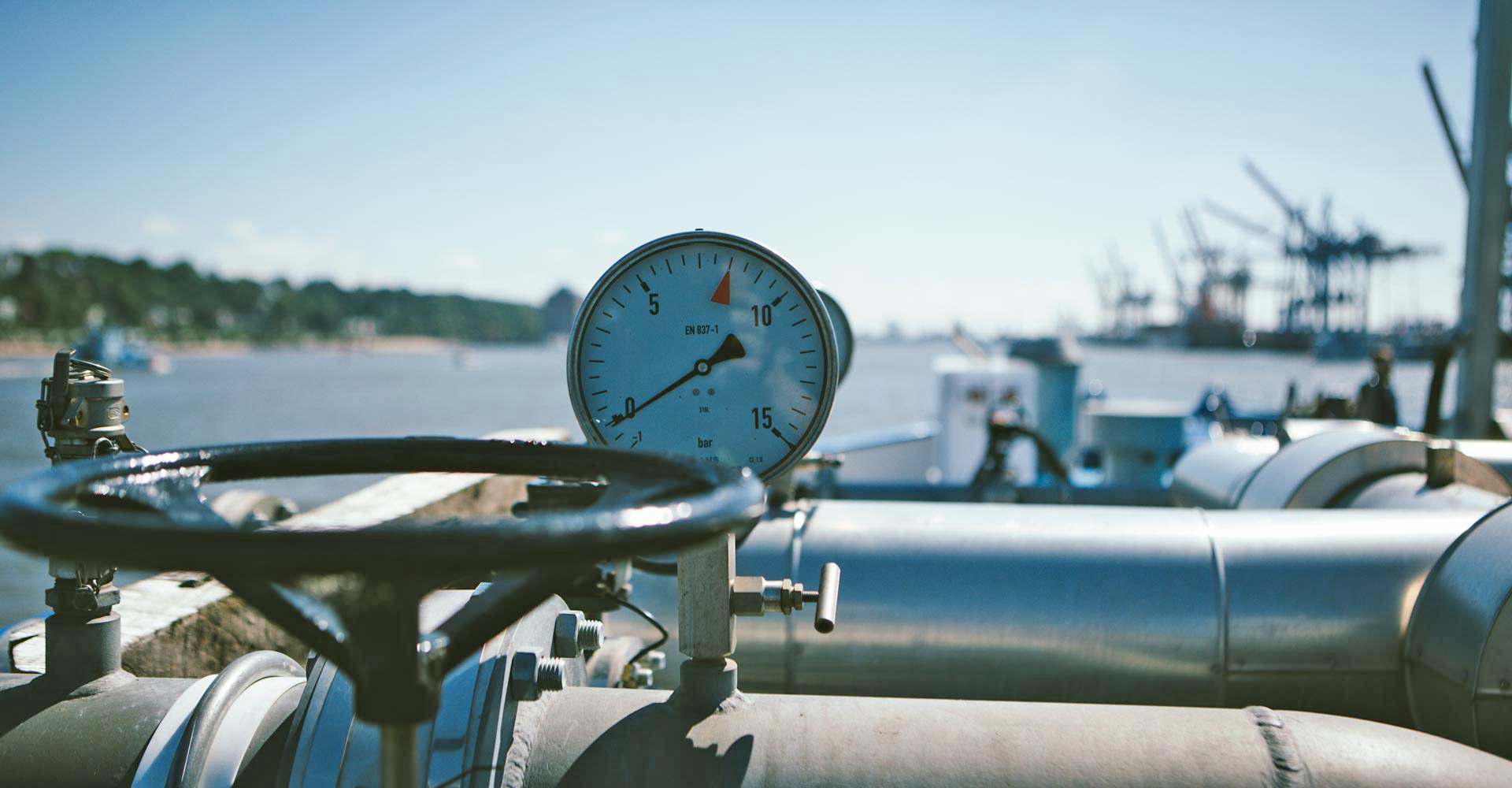Countdown to 2020 – 600 Days
Singapore's summer blockbuster in July 2019
The 11th May 2018 marks 600 days until the global 0.5% sulphur cap comes into effect. On 1 January 2020, owners and operators will need to switch to alternative, compliant fuels such as ultra low sulphur fuel oil (ULSFO) or marine gas oil (MGO) unless they have a scrubber installed.
Already the spread between IFO380 and MGO in Singapore is around $235, and Bjarne Schieldrop, chief commodities analyst at Nordic bank SEB, believes it could increase to $450 per tonne once the regulation is enforced. To put that into perspective, a 500 tonne stem of IFO380 that’s now $220,750, would cost $338,000 to bunker with MGO at today’s prices to be compliant in 2020. That’s a 53% increase, and likely to grow in the 600 days we have remaining.
According to Bank of America Merrill Lynch 72% of bunker consumption is high sulphur fuel oil and 25% distillates. The bank estimates an extra 1.2 million barrels per day of MGO will emerge after January 2020, and more than 2 million barrels per day of HSFO – which is a by-product – could become redundant.
Wood Mackenzie believes that this will increase the world's bunker costs by up to $60 billion. At an individual level, Hapag-Lloyd chief executive Rolf Habben Jansen recently said that changing to low-sulphur fuel could cost his company up to $900m a year. These are not small numbers, and it is critical that every fuel payer, from owners to operators and charterers look at how they can minimize the impact of 2020.
The reality is that the consequences will be substantial. Supply and demand mismatches within regions, price volatility, and market uncertainty are all highly likely. In this situation, the last thing that owners and operators will need is concerns about inconsistencies in the quantity or quality of products.
The Lion City
Singapore has averaged more than 4 million tonnes per month so far in 2018, and set record sales volumes in 2017 for a third straight year according to data from its Maritime Port Authority (MPA).
Last year it became the first port to mandate the use of mass flow meters (MFMs) for marine fuel oil bunker barges, and the use of MFMs for distillate deliveries will be made compulsory from July 1, 2019.
Bomin has been an MPA-approved supplier since 1988, and as we’ve seen from our operations in Singapore, mass flow meters enhance the transparency of refuelling by keeping better track of volumes and reducing refuelling times. The MPA has previously estimated 2.5 to 3 hour savings per delivery, and we'd agree with their appraisal. These time savings represent significant productivity gains. Barges across the port delivered nearly 10% more bunkers compared to the first six months of last year.
Since the beginning of October 2016, Bomin has deployed four modern, double-hulled barges in Singapore. All vessels have fast pumping rates, Coriolis MFMs, and can provide customers with a wide range of quality products. In addition, all deliveries are provided under a Bomin specific Bunker Delivery Note (BDN). In doing this Bomin takes full control of the end-to-end supply process from order through to delivery, providing the highest levels of service, efficiency, and reliability for customers, as well as ensuring the quality and quantity of products. Combined together it means that we're able to inject energy into every stage of the resupply process. Enhancing the transparency of the bunkering process, improving operational and cost efficiencies, and saving our clients valuable hours in port.
The use of MFMs for distillates is the right move for Singapore. We look forward to working with the MPA to implement this new rule, and continuing to provide our customers with a full range of compliant products at anchorage, in port, or out-of-port limits.
If you would like to learn more about the best fuel in Singapore for your fleet, or anywhere else in the world, please contact us here.


